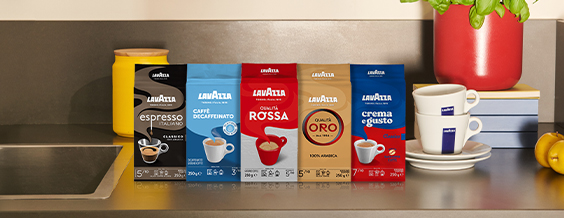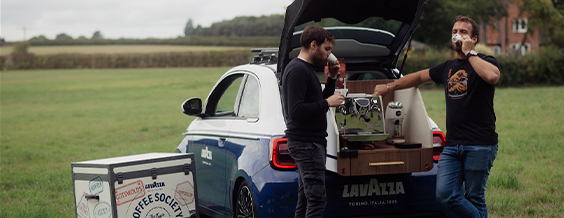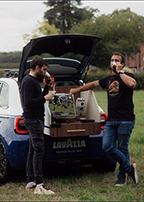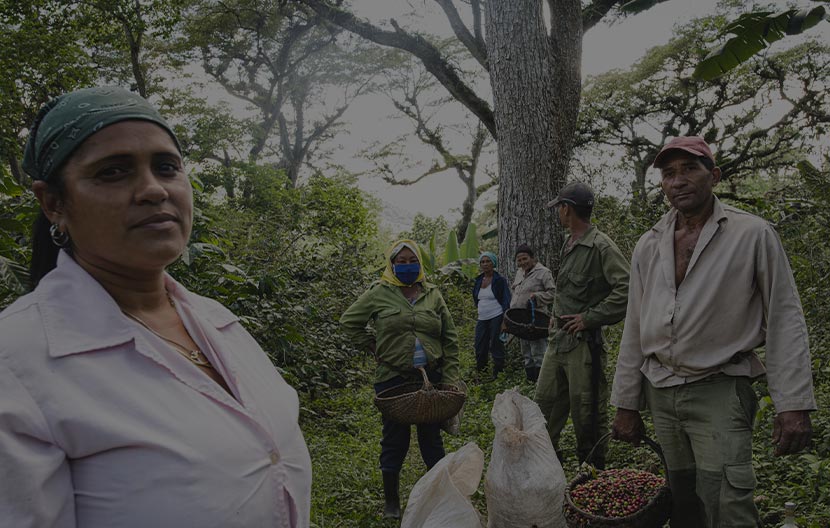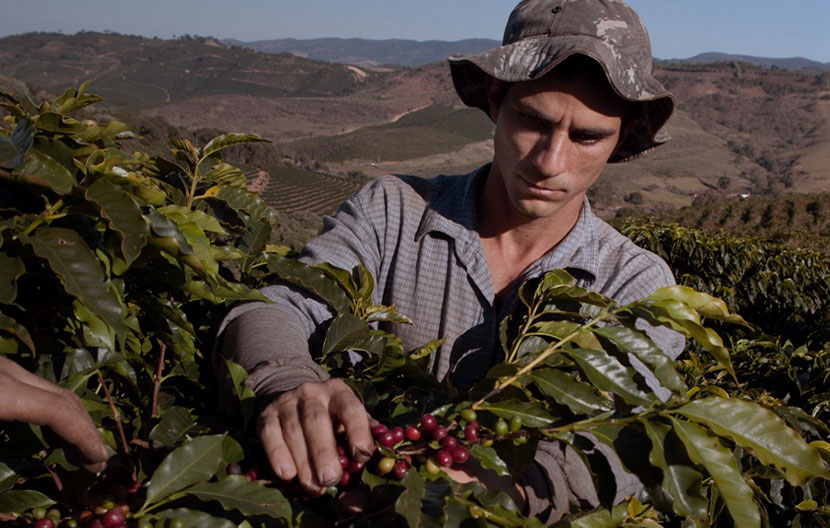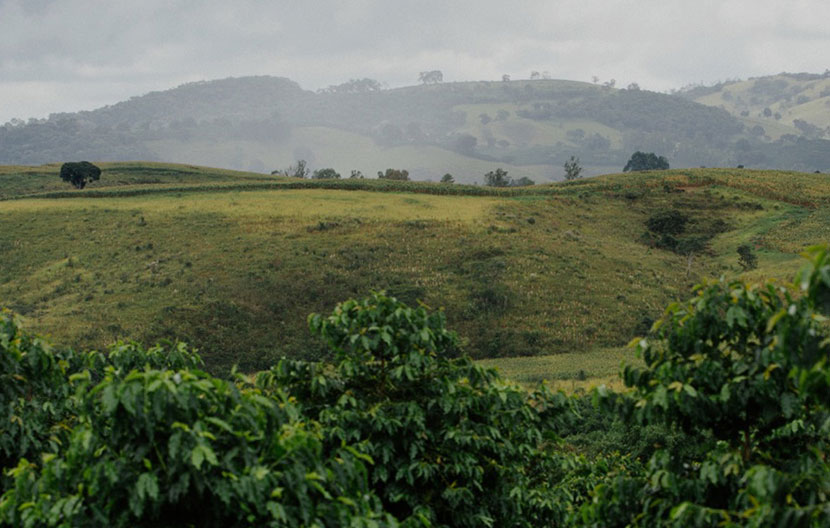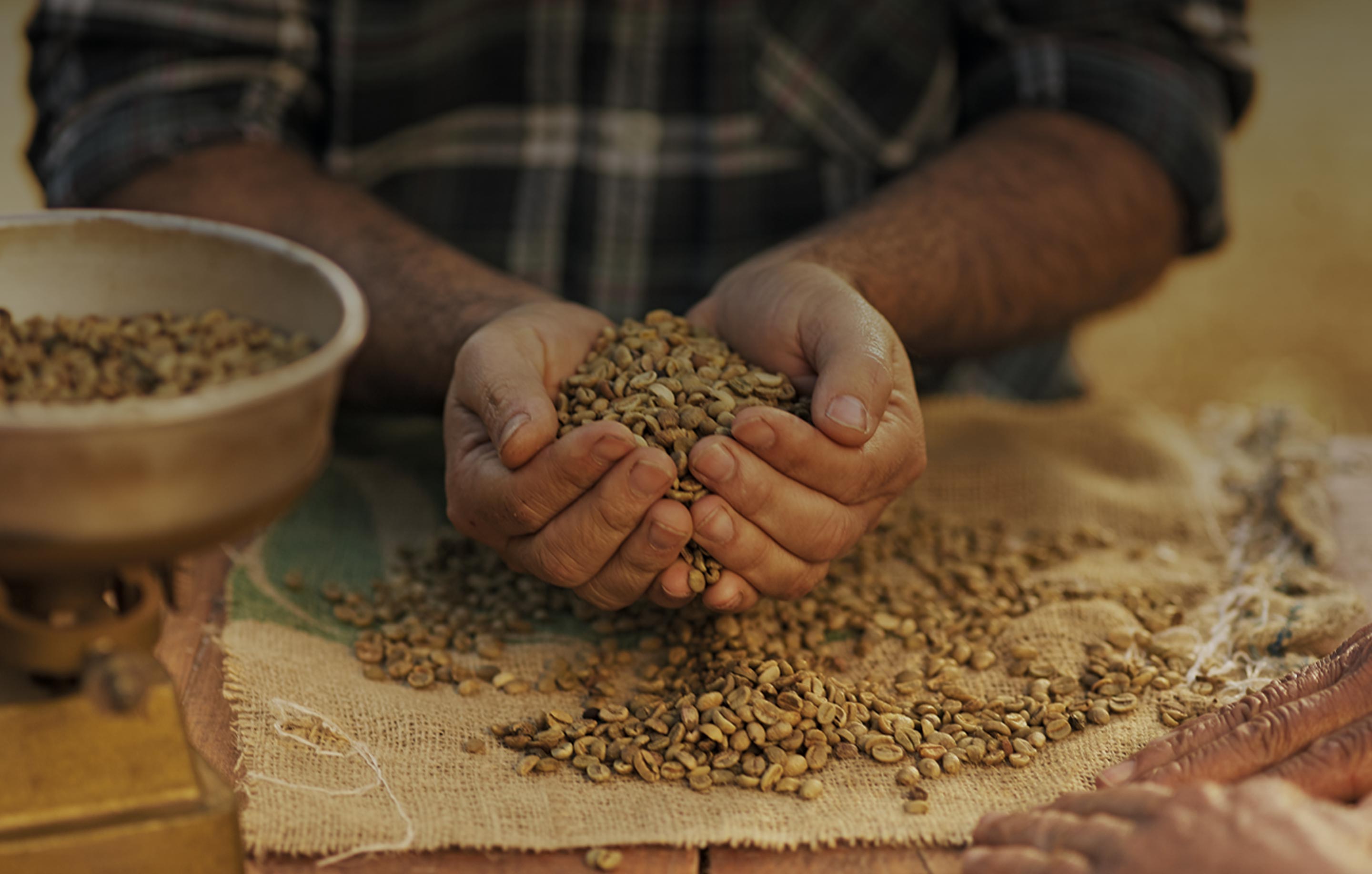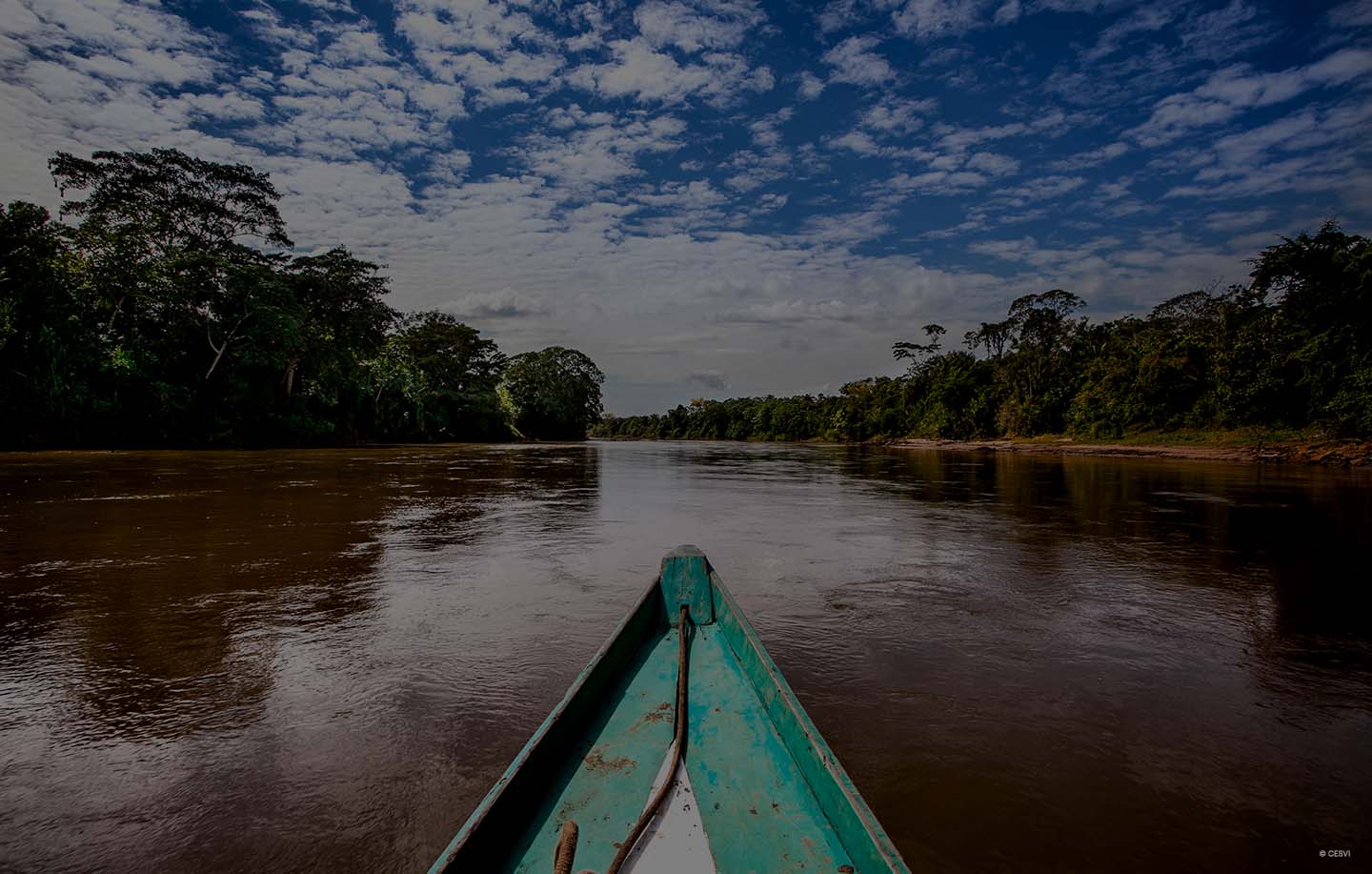
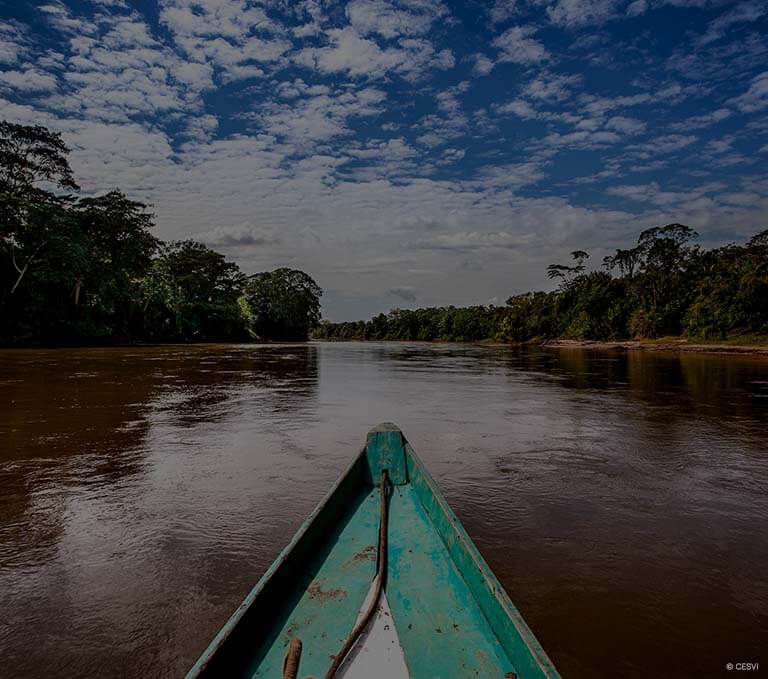
PROTECTING THE LUNGS OF THE PLANET
Lavazza and CESVI unite to help combat the deforestation of the Amazon Rainforest.
The Amazon Rainforest is the largest and most diverse tropical rainforest on Earth. Producing about 6% of all its oxygen, it has earned itself the title of “The lungs of the planet”. Home to some of the most powerful and precious natural weapons in the world against climate change, it boasts a wealth of mineral resources and natural riches, including wood, as well as more than half the world's species of flora and fauna.

The Amazon’s flora plays a critical role in cleaning the air we breathe. In exchange for their oxygen, the plants absorb carbon dioxide, the most important of Earth's long-lived greenhouse gases. The amount of carbon dioxide absorbed by each plant depends on their size: the bigger they are, the more carbon dioxide they absorb.
Unfortunately, despite all that it offers, the Amazon is currently being exploited more than it is being protected, to make space for agriculture, manufacturing, and construction. Consequently, those whose survival depends on its fruition are the most affected. As a result of massive deforestation, many of its indigenous communities have now opted to participate in its deforestation.
Although these activities further contribute to the degradation and desertification of the forest and the depletion of greenhouse gases, it is more convenient and profitable to cut down trees and sell logs than live off the land.



CONCRETE ACTIONS TAKEN TO SAVE THE AMAZON RAINFOREST
To protect this precious fountain of resources, the Lavazza Foundation, together with CESVI, the Peruvian Ministry of the Environment and local and indigenous communities have launched a project to promote the conservation of the existing forest heritage. This project will also implement the planting of new plants in degraded areas of the forest, particularly Amazonian walnut trees. Also known as Bertholletia excelsa, this tree can grow up to 50 meters high, live up to 700 years and store about 64,000 kg of carbon dioxide during its lifetime.




Last but not least, this project carries a strong social component, which promotes the collection, processing and marketing of local natural products, such as the Amazonian walnut. The planting of these trees can offer sustenance to its indigenous communities as well as become an opportunity for economic income.




